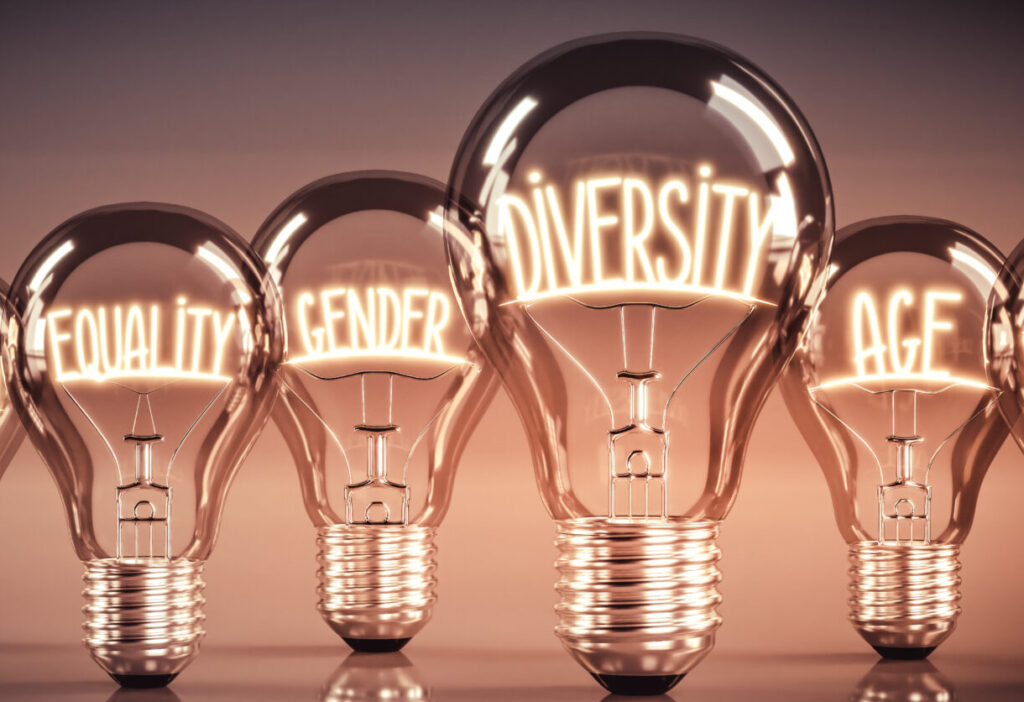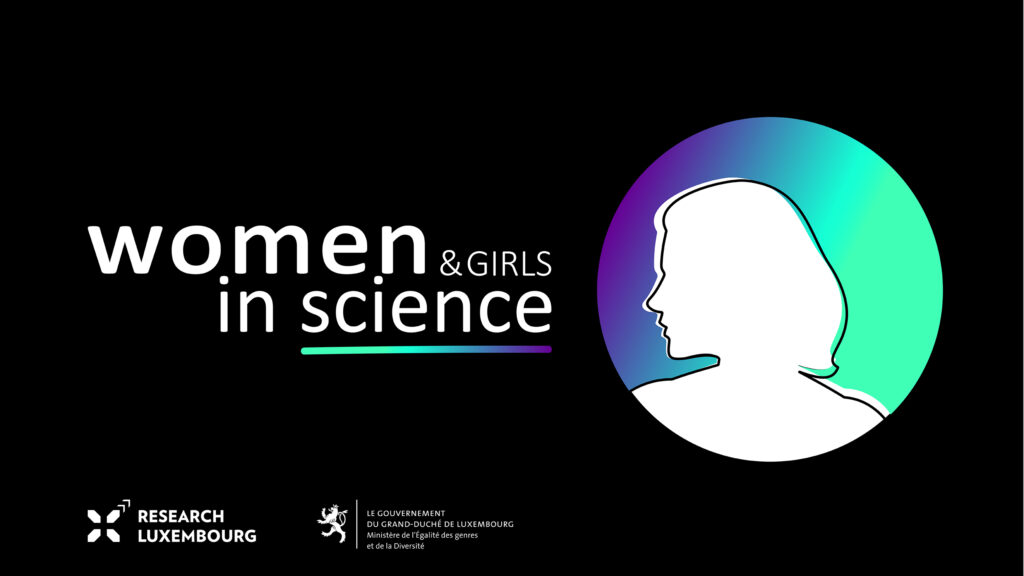Gender Equality
According to the 2021 SHE Figures report issued by the European Commission, around one in four researchers in Luxembourg are female. These numbers place Luxembourg below the EU average of one in three. When considering women researchers in Grade A positions (e.g. full professorship or senior researchers), Luxembourg ranks 3rd to last in Europe with only 17,7% of these positions filled by women. The proportion of women doctoral graduates in Luxembourg has further decreased between 2010 and 2018. At the moment, among the EU-27, the highest proportion of women doctoral graduates is observed in Lithuania (57.9%) while the lowest proportion is observed in Luxembourg (35.6%), which are alarming data for the Luxembourg research community.
Gender Equality in the Luxembourg Research Landscape
Gender equality is a fundamental value of the European Union and is one of the United Nations’ Sustainable Development Goals. It is generally acknowledged that promoting gender equality in research and funding organisations and higher education institutions brings positive impact with respect to various crucial aspects, such as:
- fairness
- equal opportunities for all
- avoiding gender bias in research
- ensuring scientific excellence
- an increasingly important issue
- adapting to the needs of stakeholders
- showing commitment
But additionally also many others, such as:
- Attracting and retaining talents
- Quality and efficiency of research and teaching
- Economic benefits and resilience
- Inclusiveness and the sense of community
- Work environment and work culture
- Social dialogue and cooperation among stakeholders
- Internal decision-making and career management procedures
- Compliance with domestic and EU regulations and laws
- Compliance with funding opportunities such as Horizon Europe (link to Horizon Europe Guidance on Gender Equality Plans)
Additionally, equal and diverse gender representation among different research fields is essential for driving both innovation and the scientific domains. Diverse research groups perform better than homogenous groups and their research outcomes are more impactful. The unequal gender representation among researchers can substantially affect experimental design, analysis, and dissemination of findings. In Economics, for example, it has been found that women and men differ in their opinions on the importance of policy issues. Thus, having an underrepresentation of one of the groups limits the scope of the field. A diverse team, on the other hand enjoys different backgrounds, different experiences, and diverse ideas and knowledge. In turn, these attributes yield innovation and improved productivity. Finally, not respecting gender balance means missing out on up to 50% of talents.







